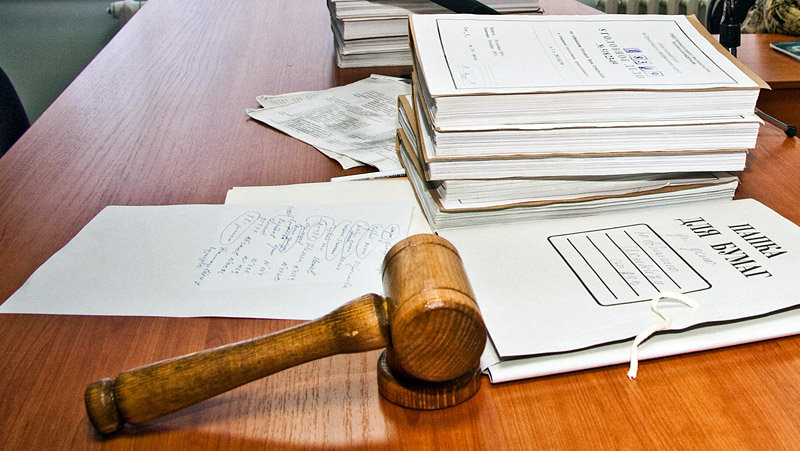By Sergei Feklyunin, RAPSI
The Constitutional Court of the Russian Federation is set to consider the request of the Supreme Commercial Court, regarding the status of arbitration tribunals on May 31.
The Constitutional Court must decide whether arbitration tribunals are included in the legal system. If they are, then they are also subject to legal protection regulations. If they are an alternative form of civil rights protection, then they are restricted in authority compared to state courts.
The Presidium of the Supreme Commercial Court decided to take the case to the Constitutional Court on May 18, 2010 when it failed to resolve a dispute between the Bank of Kazan and BulgarRegionSnab Ltd., which acts as the pledgor under a loan agreement between the bank and Trade Alliance.
Subject of the case
The bank filed a lawsuit at the Pravo (Law) arbitration tribunal against Trade Alliance after the debtor broke its obligation under a loan agreement. The bank claimed to recover the debt and to levy execution on the pledged property, i.e. a number of real estate facilities owned by BulgarRegionSnab.
The arbitration tribunal satisfied the bank’s claim but the pledgor refused to obey the ruling. The Bank of Kazan filed a claim at the Commercial Court of Tatarstan requesting recognition and enforcement of the arbitration tribunal’s ruling. The court of original jurisdiction satisfied the claim and the court of cassation upheld the ruling.
BulgarRegionSnab went to the Supreme Commercial Court with a claim to annul the rulings of the lower courts. According to the claimant, arbitration tribunals are not recognized by the legal system and are not authorized to institute recovery proceedings against real property.
Dualism of arbitration tribunal
The Presidium of the Supreme Commercial Court found that the status of arbitration tribunals is ambiguous.
On the one hand, according to the Civil Code, the Arbitration Procedure Code and the Law on mortgage, commercial courts and arbitration tribunals stand equal in matters of recovery proceedings against mortgaged property. Therefore arbitration tribunals can be included in the legal system, and the awards of arbitration tribunals should be considered as judicial decisions. Also, recovery proceedings against real property instituted by arbitration tribunals are entirely legal and binding.
At the same time, the Supreme Commercial Court noted that, according to the definition given by the Constitutional Court, an arbitration tribunal is not a body of justice and arbitration proceedings are only analternative form of civil rights protection.
Request of the Supreme Commercial Court
The Supreme Commercial Court requested that the Constitutional Court review the validity of several Civil Code articles in the context of Article 51 of the Federal Law on mortgage, provisions of the law on international commercial arbitration, Federal Law on arbitration tribunals in the Russian Federation and Article 28 of the Federal Law on the state registration of rights to real property and transactions involving such property.
What the chairman of the Supreme Commercial Court says
The state commercial courts don’t consider arbitration tribunals as rivals. On the contrary, they look to share their activities with arbitration tribunals, the chairman of the Supreme Commercial Court, Anton Ivanov, said at an international conference in 2010.
Meanwhile, he suggested that “things should be sorted out” referring to some illegitimate arbitration tribunals established at large business entities during the 1990s.
Ivanov proposed that arbitration tribunals be established only at chambers of commerce and industry in the constituent entities. Furthermore, there should be only one chamber in each constituent entity.
He said the matter was very complicated. If arbitration tribunals are to be granted the same status as state courts then they should be made public and transparent. Meanwhile, parties often apply to arbitration tribunals in order to conceal the circumstances of a dispute.



